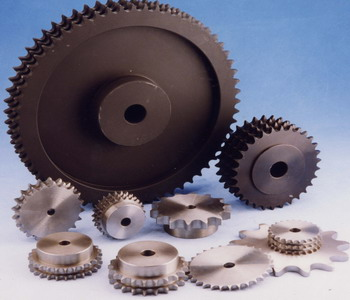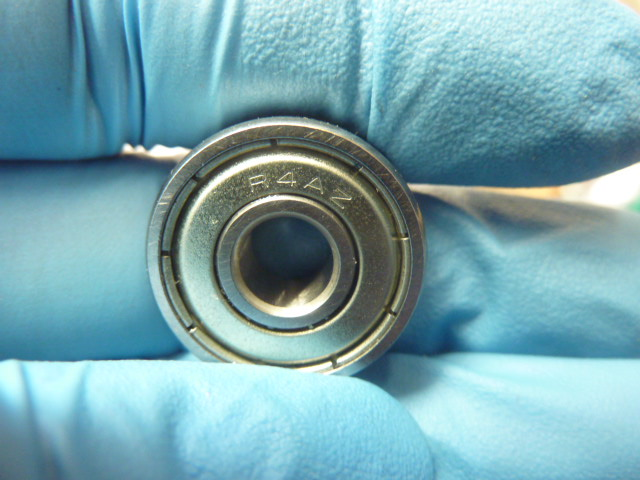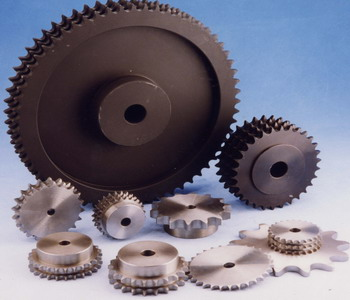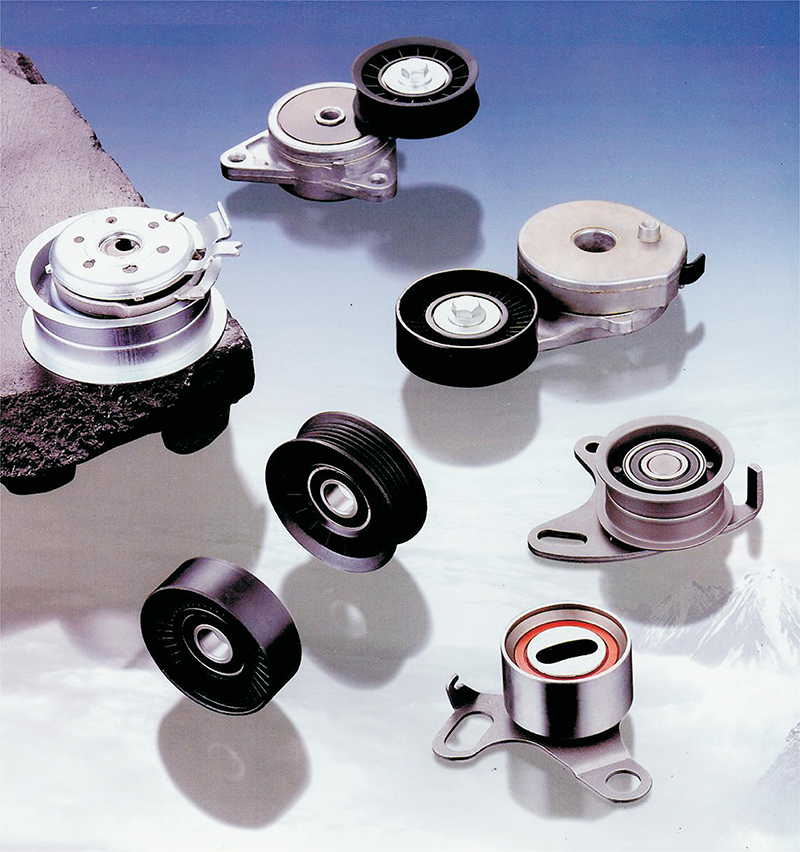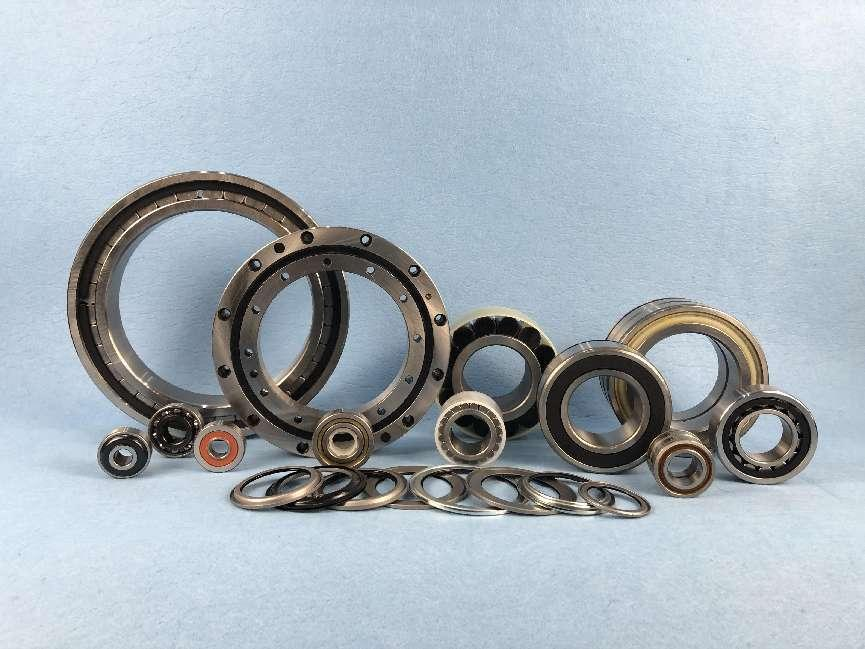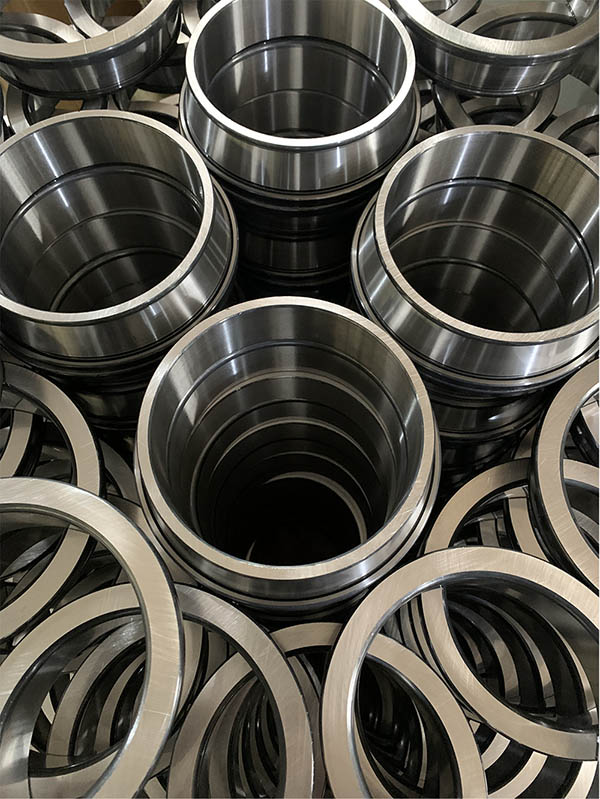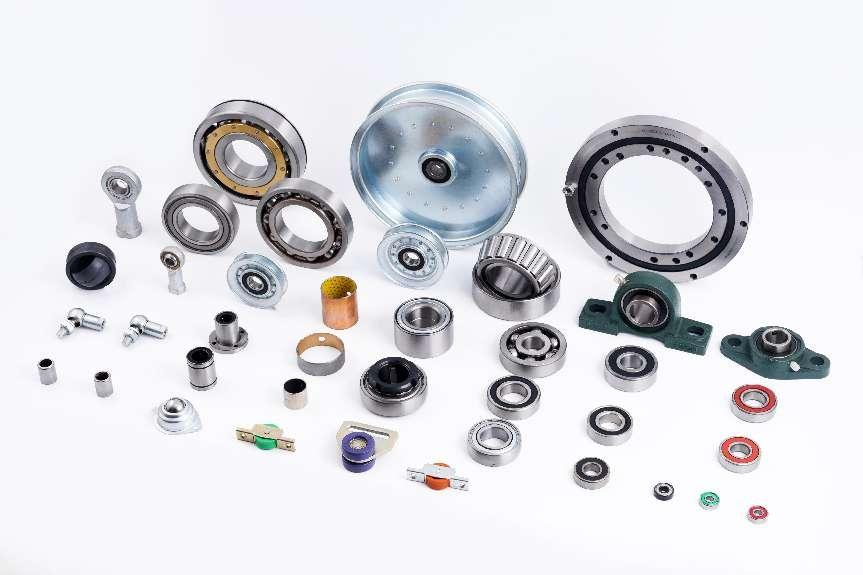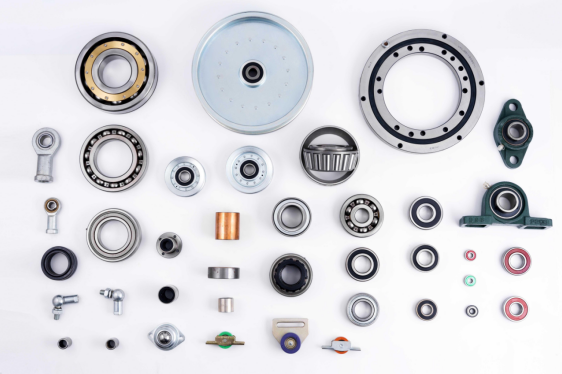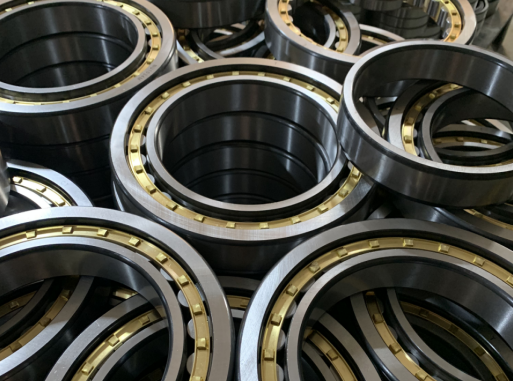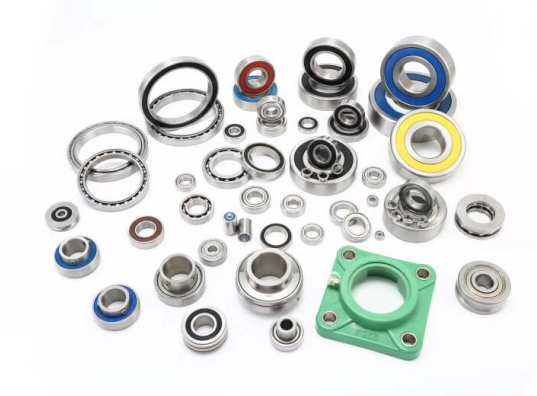Introduction to the Sprocket: A Key Component in Mechanical Transmission
Sprockets are an essential component in mechanical transmission systems, playing a crucial role in various industries such as the chemical industry, textile machinery, escalators, wood processing, agricultural machinery, and more. These wheel-like devices with cog-type sprocket teeth are designed to mesh with accurately pitched blocks on a link or cable, enabling the transfer of power and motion within a wide range of applications.
The sprocket's design and functionality make it a versatile and indispensable element in mechanical systems. Its ability to transmit power efficiently and accurately pitch with blocks on a link or cable makes it an ideal choice for numerous industrial applications. Let's delve deeper into the world of sprockets, exploring their construction, applications, and significance in mechanical transmission.
Construction of Sprockets
Sprockets are typically constructed from durable materials such as steel, stainless steel, or other high-strength alloys to withstand the rigors of mechanical transmission. The teeth of the sprocket are precisely shaped and spaced to ensure smooth engagement with the corresponding blocks on the link or cable. This precision in design is essential for the efficient transfer of power and motion within the mechanical system.
The sprocket's construction also includes a hub, which serves as the central component that connects the sprocket to the shaft or axle of the machinery. The hub is designed to provide a secure and stable connection, ensuring that the sprocket rotates smoothly and transmits power effectively.
Applications of Sprockets
Sprockets find widespread use in various industries due to their versatility and reliability in mechanical transmission systems. In the chemical industry, sprockets are utilized in pumps, mixers, and other equipment to facilitate the movement of fluids and materials. The precise engagement of sprocket teeth with blocks on a link or cable ensures the efficient operation of these critical processes.
Textile machinery also relies on sprockets for the transmission of power and motion in spinning, weaving, and other textile manufacturing processes. The accurate pitch of sprocket teeth enables the seamless operation of these machines, contributing to the overall efficiency and productivity of the textile industry.
In escalators, sprockets play a vital role in driving the continuous movement of the steps, ensuring the safe and reliable transportation of passengers. The use of sprockets in escalators highlights their importance in providing smooth and consistent motion in high-traffic public spaces.
Wood processing equipment, such as sawmills and woodworking machinery, utilizes sprockets to drive the cutting and shaping processes. The robust construction of sprockets enables them to withstand the demanding conditions of wood processing, contributing to the precision and accuracy of the manufacturing operations.
Agricultural machinery, including tractors, combines, and harvesters, relies on sprockets for the transmission of power from the engine to various components such as the wheels, belts, and cutting mechanisms. The use of sprockets in agricultural equipment underscores their role in supporting the essential functions of food production and harvesting.
Significance of Sprockets in Mechanical Transmission
The widespread use of sprockets in industries such as the chemical industry, textile machinery, escalators, wood processing, agricultural machinery, and more highlights their significance in mechanical transmission. Sprockets serve as the key link in the transfer of power and motion within these industrial applications, enabling the seamless operation of machinery and equipment.
The precise engagement of sprocket teeth with blocks on a link or cable ensures the efficient and reliable transmission of power, contributing to the overall performance and productivity of mechanical systems. The durability and strength of sprockets allow them to withstand the demanding conditions of various industries, making them a trusted component in mechanical transmission.
In conclusion, sprockets are a fundamental element in mechanical transmission systems, playing a vital role in industries such as the chemical industry, textile machinery, escalators, wood processing, agricultural machinery, and more. Their robust construction, precise design, and versatile applications make them indispensable in facilitating the transfer of power and motion within a wide range of industrial processes. As technology continues to advance, sprockets will remain a cornerstone of mechanical transmission, supporting the efficiency and reliability of industrial machinery and equipment.
